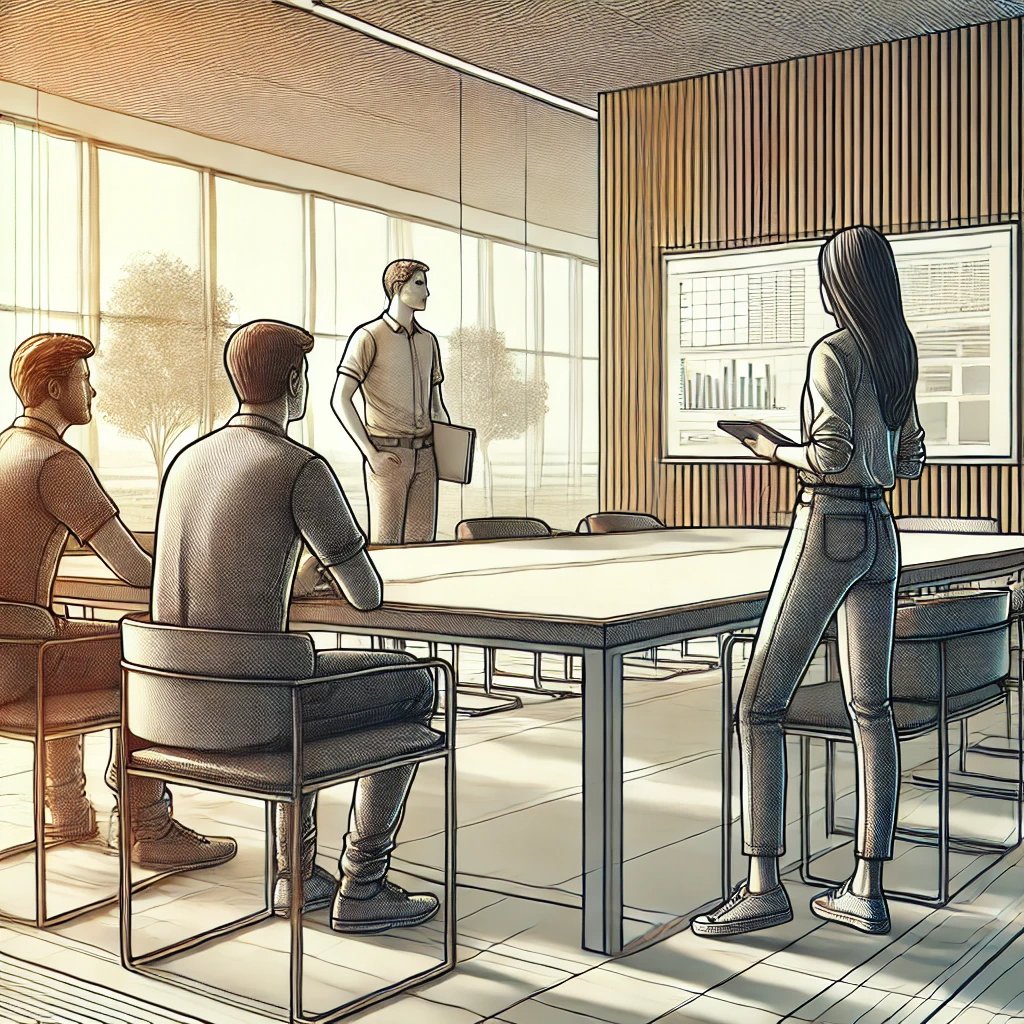Team Player
Short story, 1270 words. During a tense meeting, Greg angrily opposes Rick's disclosure about their product's slower clock speed, prioritizing promotion over engineering integrity. Published in And Then, Volume 21, 2021.
Short story, 1270 words. During a tense meeting, Greg angrily opposes Rick's disclosure about their product's slower clock speed, prioritizing promotion over engineering integrity. Published in And Then, Volume 21, 2021.
